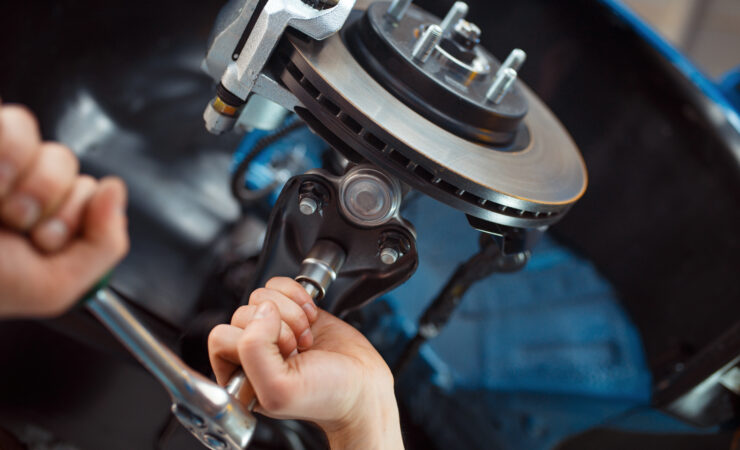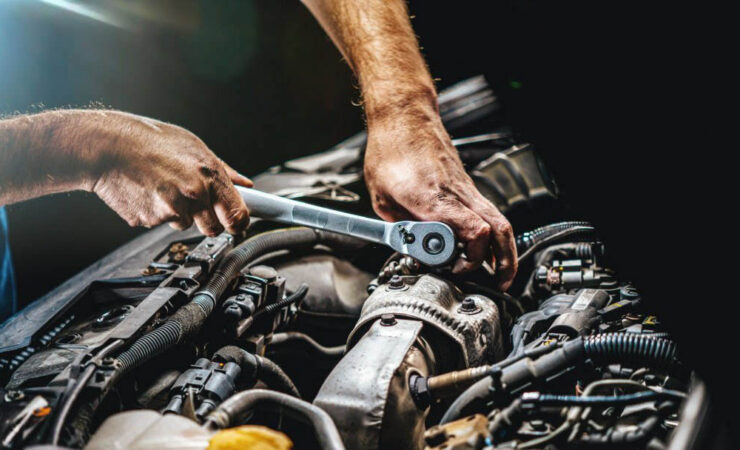Just like our bodies need regular checkups and vitamins to stay healthy, your car’s engine requires consistent care to perform at its best. And one of the most critical aspects of car maintenance is the humble oil change. It might seem like a routine task, but oil changes are essential for keeping your engine running smoothly, preventing costly repairs, and extending the lifespan of your vehicle. Cooper’s Automotive Service is here to explain why oil changes are your car’s immune system and how neglecting them can lead to serious consequences.
Content:
Why Oil Changes Matter:
- Lubrication: Motor oil is the lifeblood of your engine. It lubricates the moving parts, reducing friction and preventing wear and tear. Without fresh oil, your engine’s components would grind against each other, causing excessive heat and damage.
- Cooling: Oil also plays a crucial role in cooling the engine. As it circulates, it absorbs heat from the engine components and carries it away to the oil pan, where it’s dissipated.
- Cleaning: Oil acts as a detergent, picking up dirt, debris, and wear particles from the engine. These contaminants are then trapped in the oil filter, keeping the engine clean and preventing damage.
- Protection: Oil contains additives that protect the engine from corrosion and wear. These additives break down over time, making regular oil changes necessary to maintain their effectiveness.
The Consequences of Neglecting Oil Changes:
- Engine Wear and Tear: Without fresh oil, your engine will experience increased friction and wear, leading to reduced performance, decreased fuel efficiency, and eventually, engine failure.
- Overheating: Old, dirty oil loses its ability to cool the engine effectively, increasing the risk of overheating and potential damage to critical engine components.
- Sludge Build-up: As oil breaks down, it can form sludge, a thick, sticky substance that can clog oil passages and reduce lubrication. This can lead to engine damage and costly repairs.
- Decreased Lifespan: Neglecting oil changes can significantly shorten the lifespan of your engine, resulting in expensive repairs or even the need for a replacement engine.
How Often Should You Change Your Oil?
- Follow Your Car’s Recommended Schedule: Your car’s manufacturer recommends a specific oil change interval, typically based on mileage or time (e.g., every 5,000 miles or every six months). Refer to your owner’s manual for the specific recommendation for your vehicle.
- Consider Your Driving Habits: If you frequently drive in stop-and-go traffic, tow heavy loads, or drive in extreme weather conditions, you may need to change your oil more often than the manufacturer’s recommendation.
Cooper’s Oil Change Services:
- High-Quality Oil and Filters: We use only the highest quality oil and filters that meet or exceed your car manufacturer’s specifications.
- Thorough Inspection: Our oil change service includes a comprehensive inspection of your vehicle’s fluids, belts, hoses, and other components.
- Expert Service: Our ASE-certified technicians are trained to perform oil changes quickly and efficiently, getting you back on the road with confidence.




